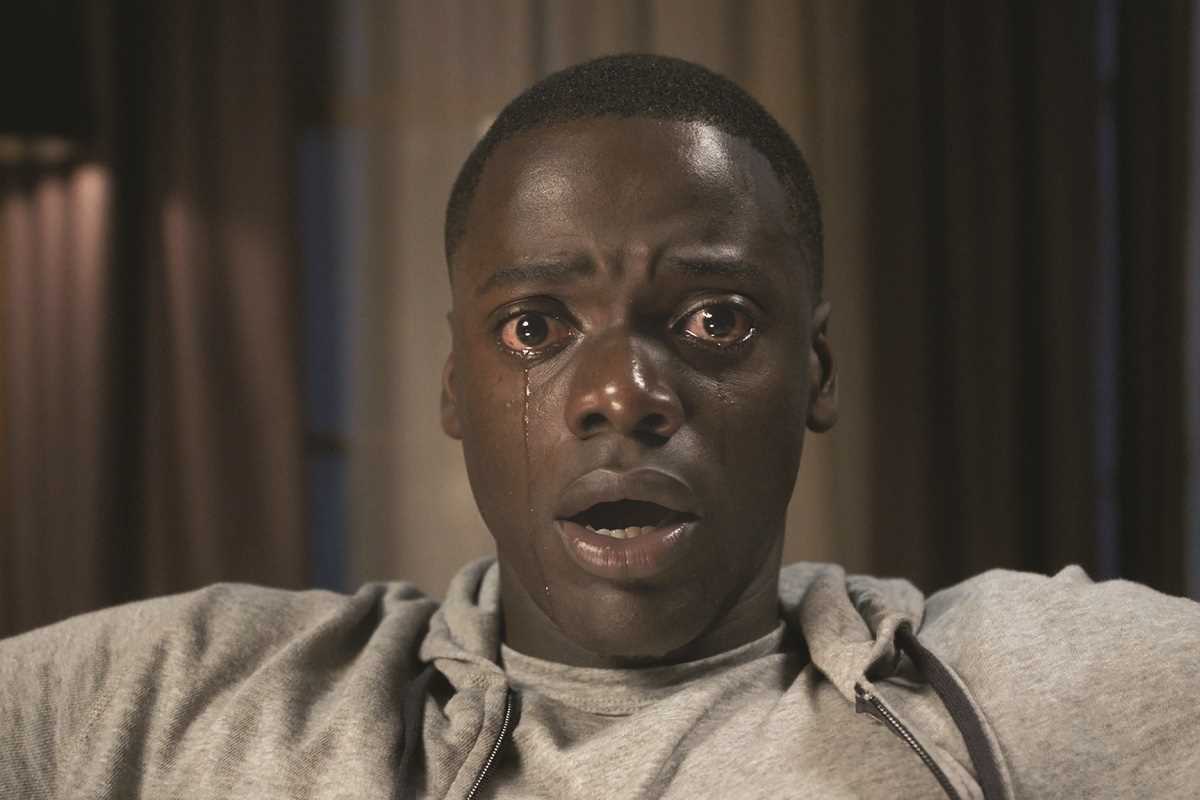Movies and television shows are often seen as a form of entertainment, but some have sparked significant real-world change. Through compelling storytelling and visual impact, many productions have raised awareness, shifted public opinions, and even influenced policy and societal behavior. From documentaries to dramatized events, here are a few notable examples of movies and shows that went beyond the screen to inspire real-world action.
1. Blackfish (2013)
Made by: Gabriela Cowperthwaite
About: Blackfish is a documentary about the captivity of orcas at SeaWorld and the dangers associated with keeping these large, intelligent animals in confined spaces. The film centers on the story of Tilikum, an orca involved in the deaths of several people, and examines the broader implications of animal captivity in theme parks.
Impact: Blackfish played a crucial role in bringing attention to the ethical concerns surrounding marine parks. The documentary led to widespread public outcry, contributing to a significant drop in SeaWorld’s attendance and a loss in revenue. In response to the controversy, SeaWorld announced that it would end its orca breeding program and shift its focus toward more animal-friendly practices. The film sparked new laws and regulations regarding animal treatment in entertainment.
2. The Social Network (2010)
Made by: David Fincher
About: The Social Network dramatizes the founding of Facebook, focusing on Mark Zuckerberg’s legal battles and the ethical questions surrounding the creation of the social media giant. The film explores issues of intellectual property, friendship, and betrayal.
Impact: While not a documentary, The Social Network has sparked conversations about the role of social media in society. The film’s portrayal of Facebook’s controversial beginnings and the complex nature of technology entrepreneurship has encouraged deeper discussions about privacy, online behavior, and the responsibility of tech companies. It has contributed to public pressure for more stringent data protection laws and led to more awareness of the influence that tech giants have on personal lives and global events.
3. An Inconvenient Truth (2006)
Made by: Davis Guggenheim
About: This documentary follows former U.S. Vice President Al Gore’s campaign to educate the public about the dangers of climate change. The film presents scientific data on global warming and discusses its potential consequences for the environment and humanity.
Impact: An Inconvenient Truth helped bring the issue of climate change to the forefront of public consciousness. Its global reach, combined with Gore’s passionate advocacy, contributed to a rise in environmental awareness and activism. The documentary is often credited with sparking greater political support for green energy policies and inspiring individuals and corporations to reduce their carbon footprint. Gore even won a Nobel Peace Prize in part due to his efforts to raise awareness about climate change.
4. 13th (2016)
Made by: Ava DuVernay
About: 13th is a documentary that explores the intersection of race, justice, and mass incarceration in the United States. It gets its name from the 13th Amendment to the U.S. Constitution, which abolished slavery, but also includes a loophole allowing involuntary servitude as punishment for crimes. The film connects this loophole to the rise of mass incarceration and the disproportionate number of African Americans in the prison system.
Impact: The documentary played a significant role in sparking conversations about criminal justice reform, racial inequality, and the prison industrial complex. 13th helped to educate viewers about systemic racism, influencing activism movements such as Black Lives Matter. It also had a direct impact on policy, with lawmakers and organizations calling for changes to the criminal justice system, including reducing sentences for non-violent offenders and addressing racial biases in policing.
5. The True Cost (2015)
Made by: Andrew Morgan
About: The True Cost is a documentary about the global fashion industry, highlighting the environmental damage and human cost of fast fashion. The film focuses on the working conditions in textile factories, particularly in developing countries, and the environmental impact of clothing production and disposal.
Impact: The True Cost helped shine a light on the ethical and environmental issues surrounding the fashion industry. After its release, many viewers became more conscious of the impact of their clothing purchases and began advocating for sustainable fashion. The film also prompted several brands to reevaluate their supply chains, resulting in a shift toward more ethical sourcing and increased transparency in the fashion world.
6. Sicko (2007)
Made by: Michael Moore
About: Sicko is a documentary that examines the American healthcare system, specifically focusing on the challenges faced by ordinary citizens in accessing affordable care. Through a series of personal stories and comparisons with healthcare systems in other countries, Moore explores the flaws in the U.S. system and advocates for a nationalized approach similar to those of countries like Canada and the United Kingdom.
Impact: Sicko sparked a national conversation about healthcare reform and the need for universal coverage in the United States. It helped raise awareness of the inequities in the healthcare system, particularly the financial burden on lower-income individuals. The film influenced many Americans to push for healthcare reform, with some advocating for a single-payer system or greater regulation of insurance companies. It also led to a broader discussion about the role of profit in healthcare and the ethical implications of a system where medical care is treated as a commodity.
7. Dominion (2018)
Made by: Chris Delforce
About: Dominion is a powerful documentary that exposes the cruelty of animal agriculture in Australia. Using hidden cameras and drone footage, the film highlights the mistreatment of animals in factory farms, as well as the environmental damage caused by industrial agriculture. It also examines the psychological and ethical implications of consuming animal products.
Impact: Dominion helped galvanize the global animal rights movement and is often cited as a turning point in how people perceive the ethics of factory farming. Its graphic content has spurred increased interest in plant-based diets and veganism. In Australia, the documentary prompted calls for greater regulation of animal farming practices and increased transparency in the food industry. It also contributed to the rise of veganism, particularly among younger generations, as people became more aware of the environmental and ethical consequences of animal agriculture.
8. The Act of Killing (2012)
Made by: Joshua Oppenheimer
About: This documentary explores the mass killings of suspected communists in Indonesia in the 1960s. The film features the perpetrators of these crimes reenacting their actions in a chilling and surreal manner, allowing them to reflect on the violence they committed.
Impact: The Act of Killing became a global conversation starter about the atrocities committed during the Indonesian genocide and the lack of accountability for the perpetrators. The film led to greater international pressure on the Indonesian government to address human rights abuses and seek justice for the victims. It also inspired a deeper examination of how societies confront their violent pasts and deal with the legacy of trauma.
9. When They See Us (2019)
Made by: Ava DuVernay
About: This miniseries tells the true story of the Central Park Five, a group of Black and Latino teenagers wrongfully convicted of the brutal assault of a white woman in New York City's Central Park. The show explores the deep racial biases, wrongful convictions, and injustices they faced, as well as the long-lasting impact on their lives.
Impact: When They See Us sparked widespread outrage and brought attention to the racial discrimination and corruption within the criminal justice system. The series led to public protests and calls for reform, with many advocating for changes to how the legal system handles cases involving minority groups. It also contributed to renewed conversations about systemic racism, wrongful convictions, and the need for police and judicial accountability. Following its release, there were increased efforts to address these issues at both local and national levels, including campaigns for justice for other wrongfully convicted individuals.
10. Making a Murderer (2015)
Made by: Laura Ricciardi and Moira Demos
About: Making a Murderer is a true-crime documentary that follows Steven Avery, a man wrongfully convicted of a crime and later exonerated, only to be accused of another crime. The series examines flaws in the criminal justice system, focusing on Avery’s controversial case and the question of whether he was framed for the crime.
Impact: Making a Murderer sparked widespread debate over the fairness of the criminal justice system, particularly in terms of police conduct and the use of forensic evidence. The documentary prompted calls for reform, with many viewers questioning the integrity of the legal system and advocating for criminal justice reform. Avery’s case gained international attention, leading to a movement for his release and greater scrutiny of wrongful convictions in the U.S.
.png)



.jpeg)
.png)
.png)
